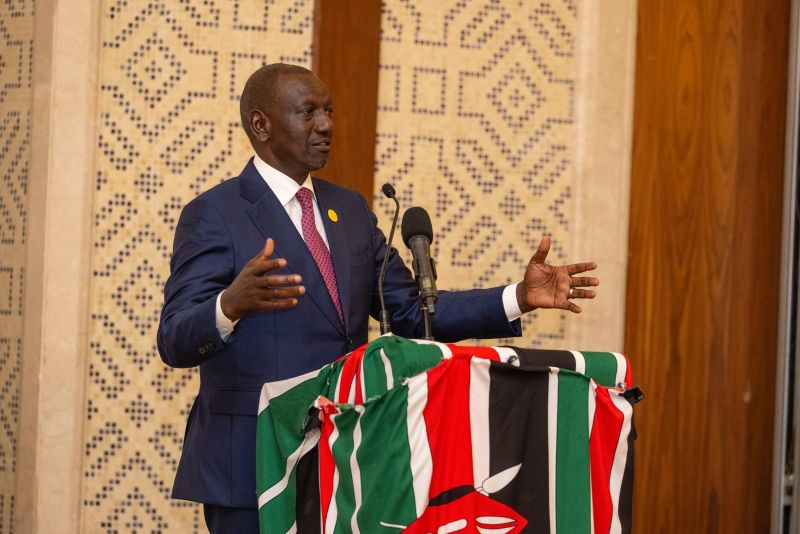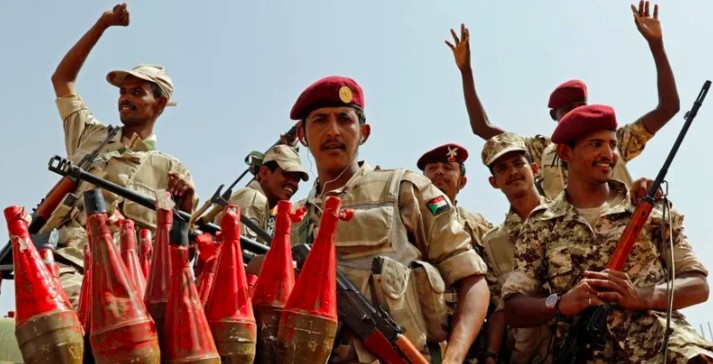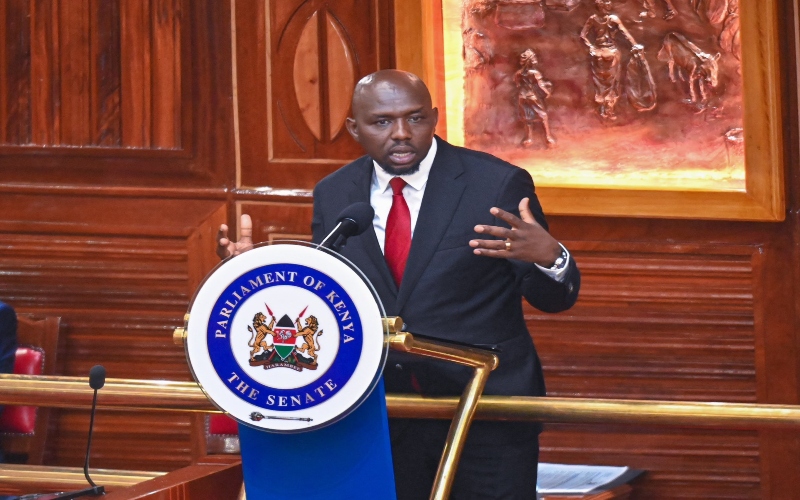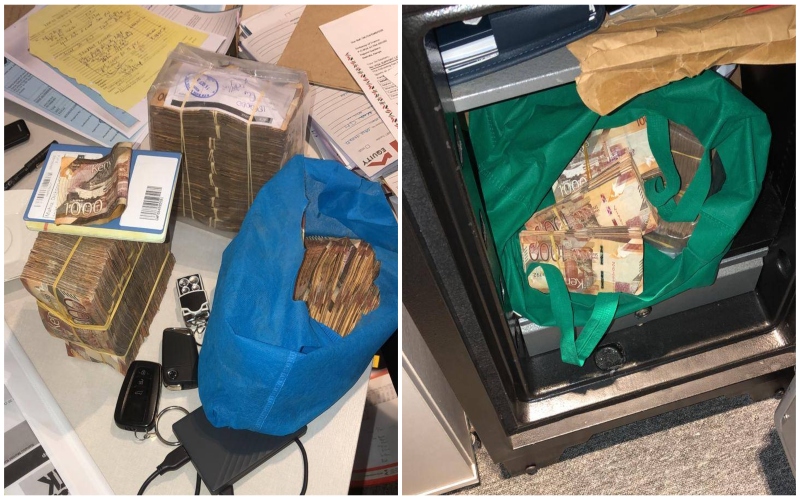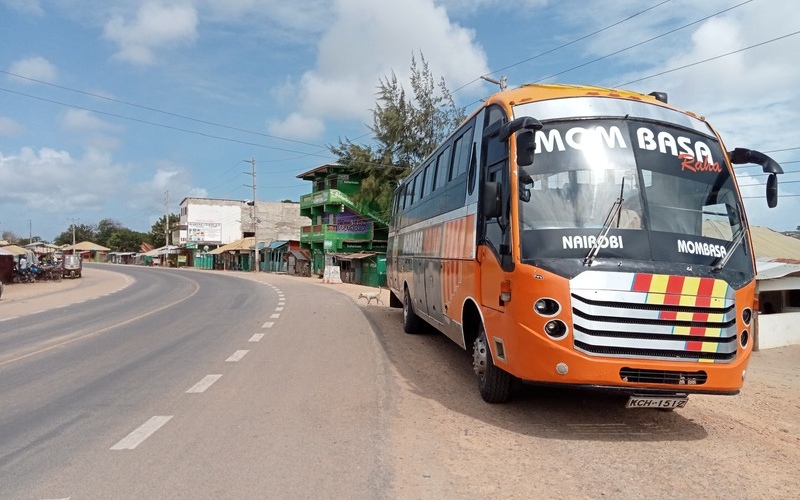Detectives face CCTV setback as hunt for lawyer Kyalo Mbobu’s killers intensifies

Investigators say key surveillance cameras along Magadi Road were inactive during the fatal shooting, forcing reliance on private CCTV footage to trace the suspects.
Detectives investigating the murder of lawyer Mathew Kyalo Mbobu, who was shot dead along Magadi Road on September 9, have widened their search for credible leads after running into hurdles caused by missing CCTV footage and limited forensic evidence.
Interior Cabinet Secretary Kipchumba Murkomen told the Senate that the last working HD CCTV camera before leaving Nairobi’s boundary is located near the Lang’ata Road–Magadi Road junction.
More To Read
- Court vindicates slain lawyer Kyalo Mbobu in disputed multi-million loan case
- Outrage in Garissa as lecturer Ochieng Minudi killed in suspected gang attack
- Lawyer accused of killing colleague has case to answer - court
- LSK decries slow pace of probe into lawyer Kyalo Mbobu’s murder
- Four to defend themselves in murder of ex-Kabete MP George Muchai
- DCI intensifies probe two weeks after assassination of lawyer Kyalo Mbobu
"Beyond this point, the CCTV camera installed along Magadi Road is inactive and therefore not operational at the time of the incident," he said in response to a query from nominated Senator Hamida Kibwana.
Murkomen explained that most CCTV cameras within Nairobi’s CBD and along the route the lawyer took were non-functional, forcing detectives to depend on footage obtained from private premises, including Sagret Hotel, Town House—where Mbobu’s offices were located—and Brookhouse International School.
"CCTV footage from Sagret Hotel, Town House (where the deceased's offices are located), and Brookhouse International School were retrieved and is currently under analysis by investigators to provide actionable leads. Investigations are ongoing with the objective of gathering sufficient evidence to identify, apprehend, and prosecute the key suspects behind the crime. Nonetheless, the DCI is not relying solely on CCTV footage but continues to pursue other investigative avenues to generate credible leads," he said.
Men on motorcycle
Mbobu was killed around 5:40 pm while driving home in his metallic grey Toyota Land Cruiser (KCA 177W) along Magadi Road. Detectives say he was ambushed near Brookhouse International School by two men on a motorcycle, one armed with a pistol, who shot him eight times before fleeing towards Galleria Mall.
The incident was reported at Lang’ata Police Station under OB No. 29/09/09/2025. Two days later, the DCI Homicide Directorate took over investigations, processed the scene, recovered four spent cartridges, and towed the vehicle to the Homicide Bureau yard for examination.
A post-mortem conducted by Chief Government Pathologist Johansen Oduor confirmed that Mbobu died of multiple gunshot injuries. Two bullet heads recovered from his body, along with the cartridges, were sent to the DCI Forensic Laboratory for ballistic analysis.
"Several witnesses, including staff members from Kyalo & Associates Advocates, where the deceased worked, have been interviewed and their statements recorded. Preliminary findings indicate that the deceased was entangled in several debts owed to shylocks, some of which were linked to fraudulent transactions," Murkomen told senators.
He added that Mbobu had been lured into fraudulent gold scams and fake antique deals, which may have contributed to his financial troubles.
Murkomen also gave an update on the National CCTV Integrated Command, Control, and Communication (IC3) system, which oversees public surveillance across major urban centres.
"The National CCTV Integrated Command, Control, and Communication (IC3) system currently provides extensive surveillance coverage in Nairobi and Mombasa. The system comprises approximately 1,899 surveillance cameras and 281 ANPR cameras deployed across 664 sites nationwide, with Nairobi hosting the largest concentration. Coverage includes Nairobi CBD and key arterial roads such as Thika Superhighway, Mombasa Road, Jogoo Road, Ngong Road, and Waiyaki Way, as well as critical installations including airports, government buildings, and major intersections," he said.
Damaged equipment
However, he admitted that the system’s overall effectiveness has been affected by damaged equipment, leased fibre infrastructure, and inactive sites.
"The existing CCTV and ANPR systems have been in operation for over eight years. The natural expiry of their product life cycle, both hardware components (such as servers, storage, and networking devices) and software have reached end-of-life and can no longer sustain reliable operation," he said.
He added that ongoing road and construction projects—especially the Expressway—had also damaged CCTV infrastructure, further weakening surveillance.
"These works have interfered with, and in several instances, damaged existing infrastructure, thereby reducing the effectiveness of the surveillance network," he said, noting that budget shortfalls have delayed repairs and limited integration of AI-enabled technologies.
Murkomen said the ministry plans to expand CCTV coverage to other major towns in partnership with Safaricom PLC and to restore non-functional cameras, replace outdated equipment, and rehabilitate disrupted coverage to ensure long-term reliability.
He explained that while the IC3 system offers real-time access to footage and analytical tools for investigators, it still relies on leased network infrastructure and shared data centres, highlighting the need for government-owned systems to ensure operational independence.
"In areas where public CCTV cameras are non-functional, the government supplements surveillance efforts through partnerships with private entities, including hotels, schools, and office blocks, which provide CCTV footage upon request to support ongoing investigations and security operations," he added.
Top Stories Today

